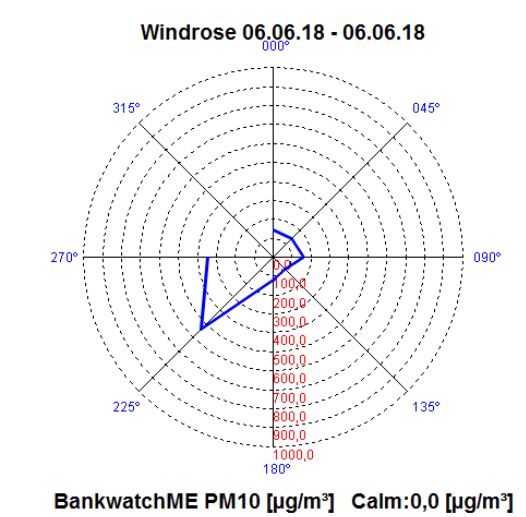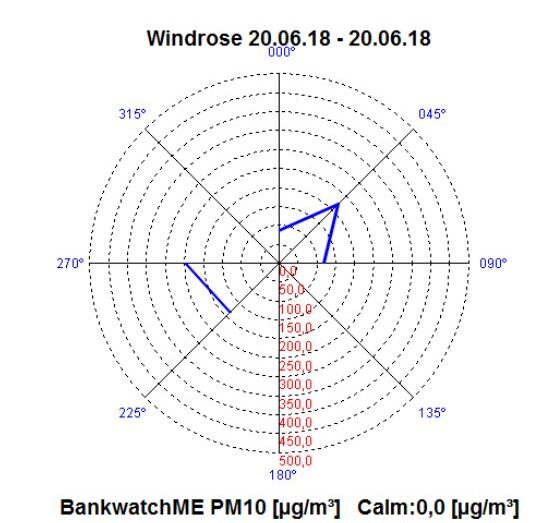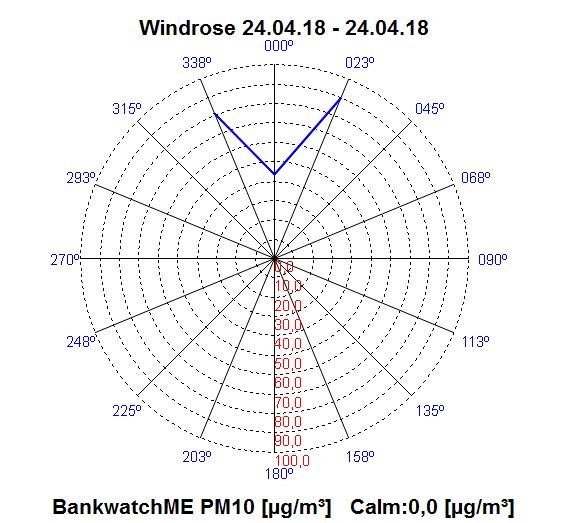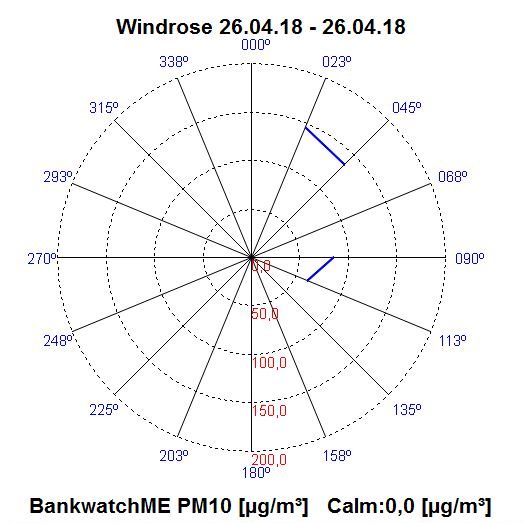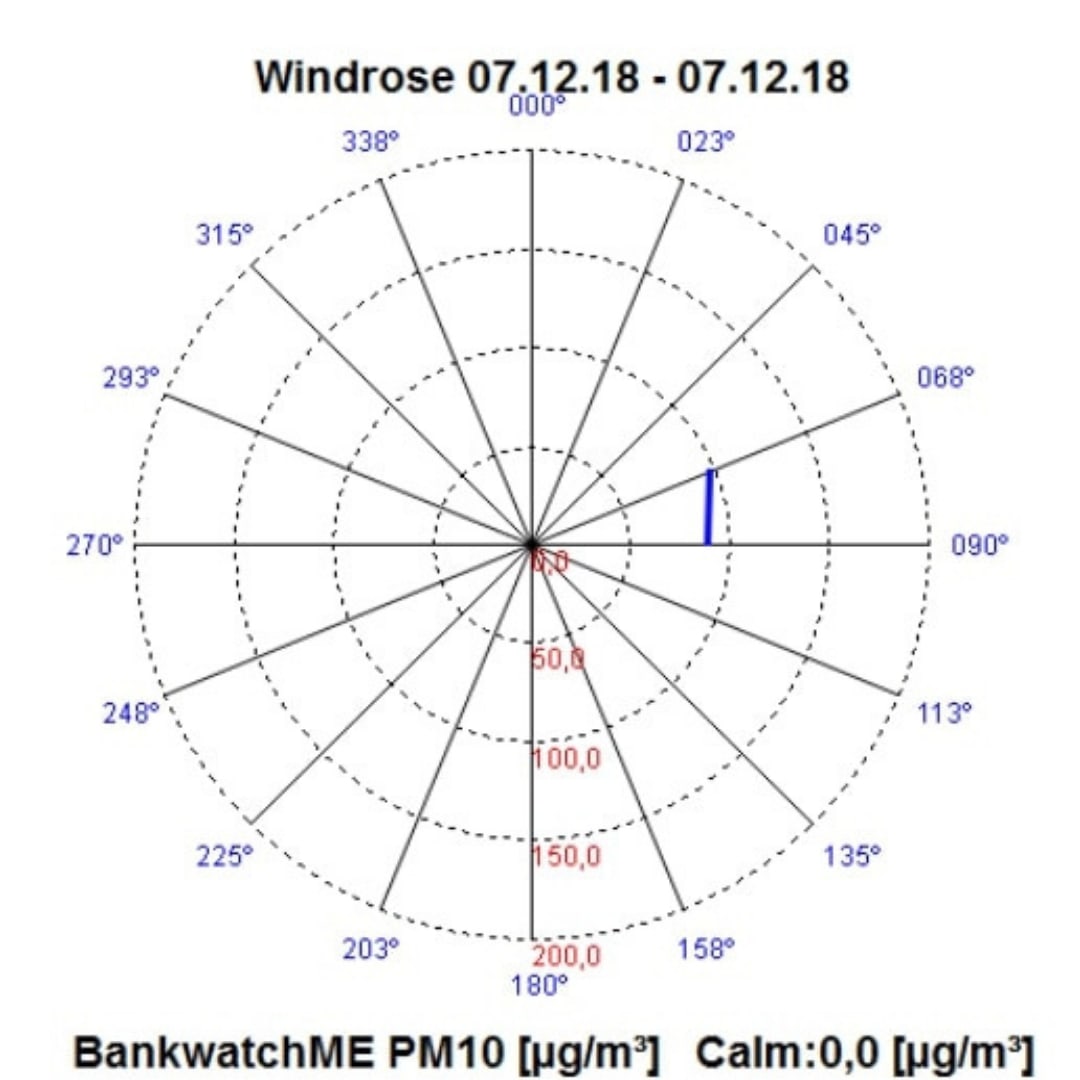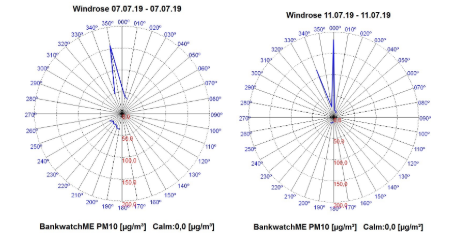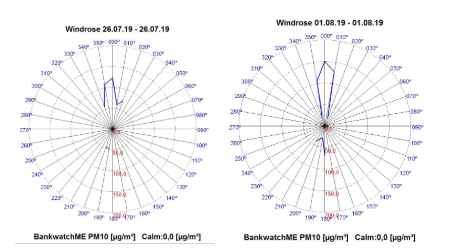Air pollution in the Balkans – independent monitoring
With our own air quality monitoring devices, we have managed to provide independent data on air quality in many selected sites in the Balkans, and have provided some local partners with data on the health impacts of short and long-term exposure to coarse particulate matter (PM10) and fine particulate matter (PM2.5).
In spite of growing evidence on air pollution from coal and increasing public anger in Balkan countries, and besides the declarative commitments from the Green Agenda for the Western Balkans, the European Commission, the Energy Community and the Balkan countries still do not treat air quality as a priority issue. Official air quality data is unreliable in most countries in the region and we suspect the monitoring systems are sometimes turned off or intentionally placed in irrelevant locations.
On this page we provide regularly collected data from a few selected sites. The data is gathered for at least 30 continuous days from each location. It is therefore indicative and is not intended to replace stationary long-term monitoring. As clearly visible on the map below, most of the power plants are not sufficiently monitored: many of them fall outside the monitoring stations’ range and do not cover all relevant pollutants.
Implementation of the Air Quality Directive by Western Balkan countries – 2022 update
In order to join the European Union, these countries must undergo a process of approximation with EU legislation and rules. In the field of environmental protection, all of these countries are struggling to meet EU standards. Ambient air quality is among the biggest environmental problems in the region. Efforts to improve air quality are mostly driven by EU legislation, such as the Ambient Air Quality Directive. This briefing assesses each country’s transposition of the Directive, its approach to monitoring air quality, the legal air quality standards in place, how related information is reported to the public, and any plans it has to improve air quality.
LATEST BLOGPOSTS

Seven years after joining the EBRD’s Green Cities programme, is Yerevan’s green future going up in flames?
Blog entry | 2 June, 2023In May 2023, a massive fire broke out at the Nubarashen landfill on the outskirts of Yerevan, enveloping the city in a cloud of toxic smoke generated by the burning waste. It took 10 days and 2,300 truckloads of soil to extinguish the flames. Coming seven years after Yerevan became a pioneer by joining the European Bank for Reconstruction and Development (EBRD)’s Green Cities initiative, this incident is a stark reminder of the urgent need to adopt a safer and more sustainable approach to waste management and urban planning.
Read more
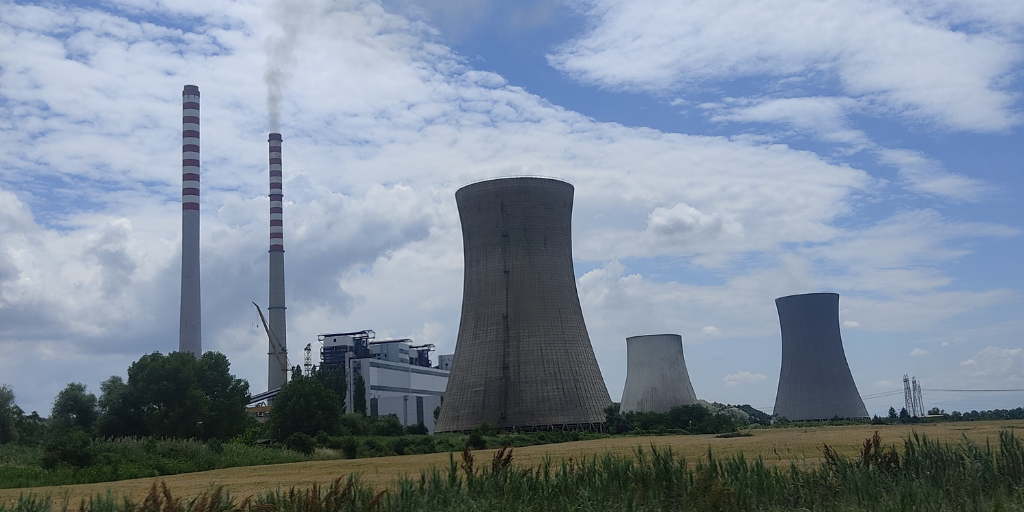
280 million euros of North Macedonia’s public money going up in smoke
Blog entry | 30 January, 2023North Macedonia’s government, through the state-owned energy production company AD ESM, has spent hundreds of millions of euros on imports of coal, heavy oil and fossil gas to keep the country’s fragile energy system going during the energy crisis. The result is a significant increase in emissions of air pollutants and serious damage to the environment and public health.
Read more
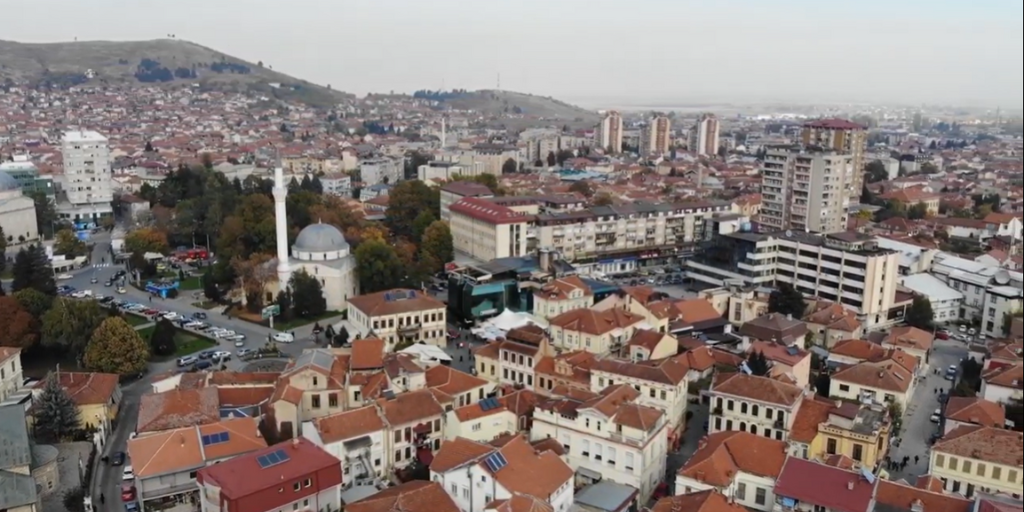
Let the sunshine in: how a coal region in North Macedonia can switch to sustainable heating
Blog entry | 21 December, 2022The government in North Macedonia wants to link the 40 year old REK Bitola power plant to the regional heating system. But cementing the dependence on fossil fuels would be reckless. Instead, a new study finds that fitting houses in Bitola with air conditioning and solar panels could keep people warm, cut air pollution and even shield against increasingly volatile energy prices. Such households forming energy communities, the study shows, could not only lower initial investments but even generate them some income.
Read more
LATEST PUBLICATIONS
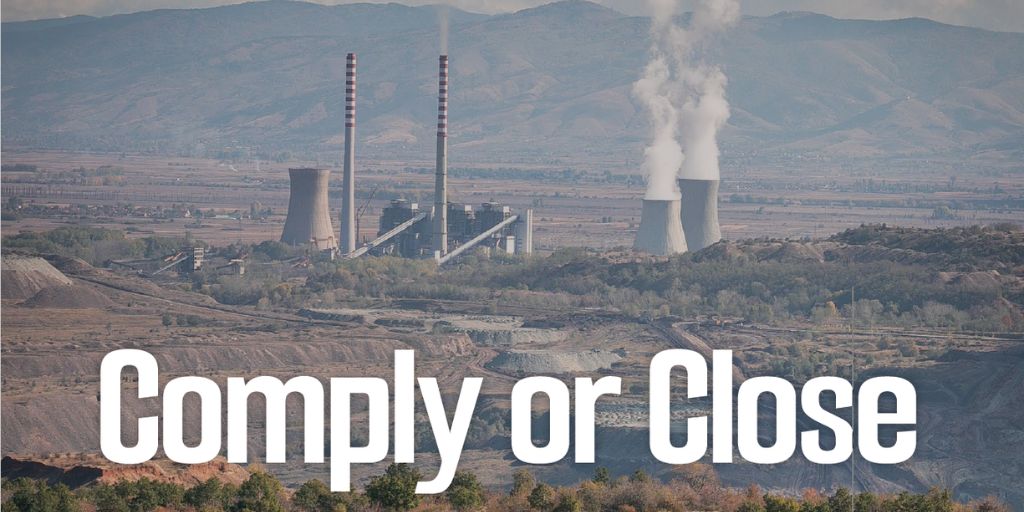
Comply or Close 2025: Seven years of deadly legal breaches by Western Balkan coal plants
Publication | 17 June, 2025The end of 2024 marked seven years since the deadline passed for power plants in the Western Balkans to meet new air pollution standards.
Read more
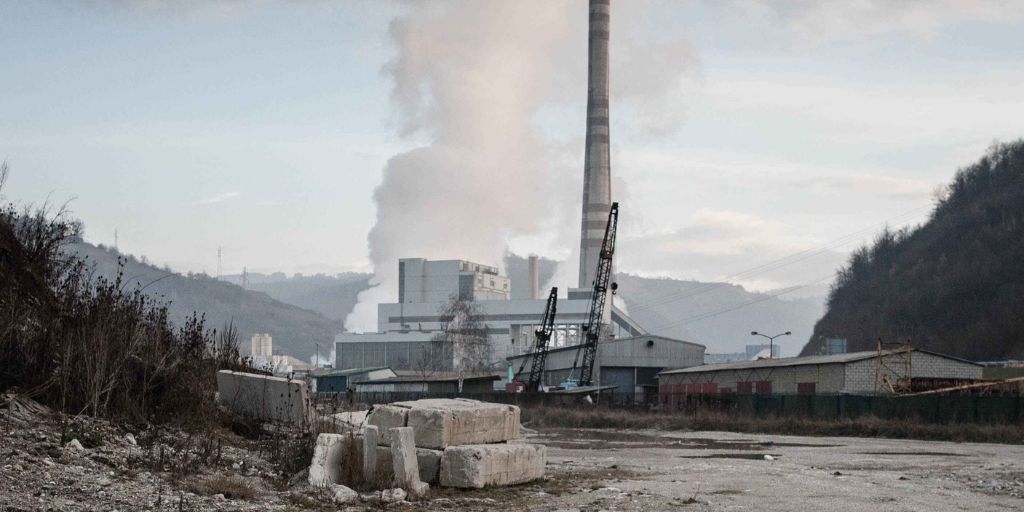
Comply or Close 2024: six years of deadly legal breaches by Western Balkan coal plants
Publication | 17 September, 2024The end of 2023 marked six years since the deadline passed for power plants in the Western Balkans to meet new air pollution standards. Yet the deadly air pollution from the region’s mostly antiquated coal power plants has hardly decreased at all since 2018.
Read more
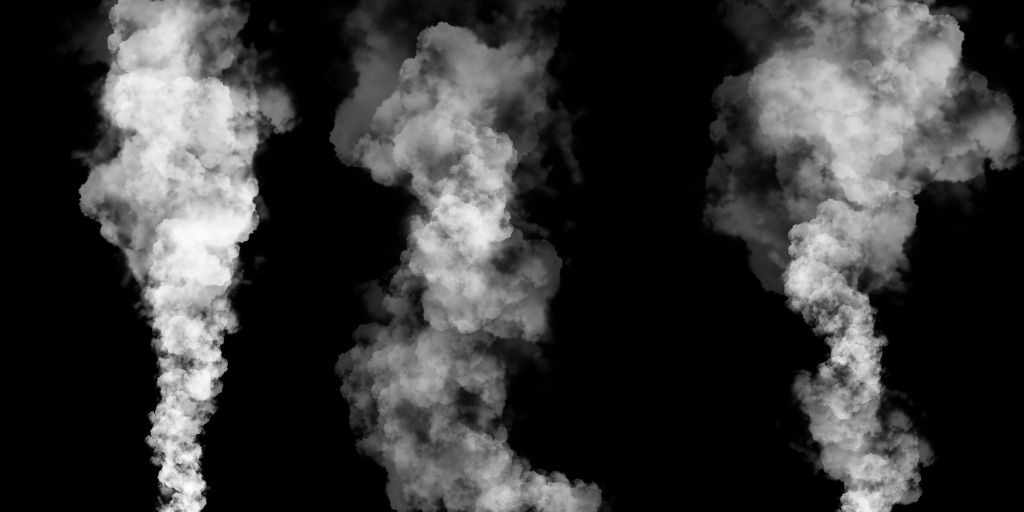
Hooked on gas: Report on the status of national energy and climate plans in central and eastern Europe
Publication | 20 June, 2024This publication highlights the need for gas phase-out pathways and identifies shortcomings in the current draft NECPs of eight central and eastern European Member States.
Read more
